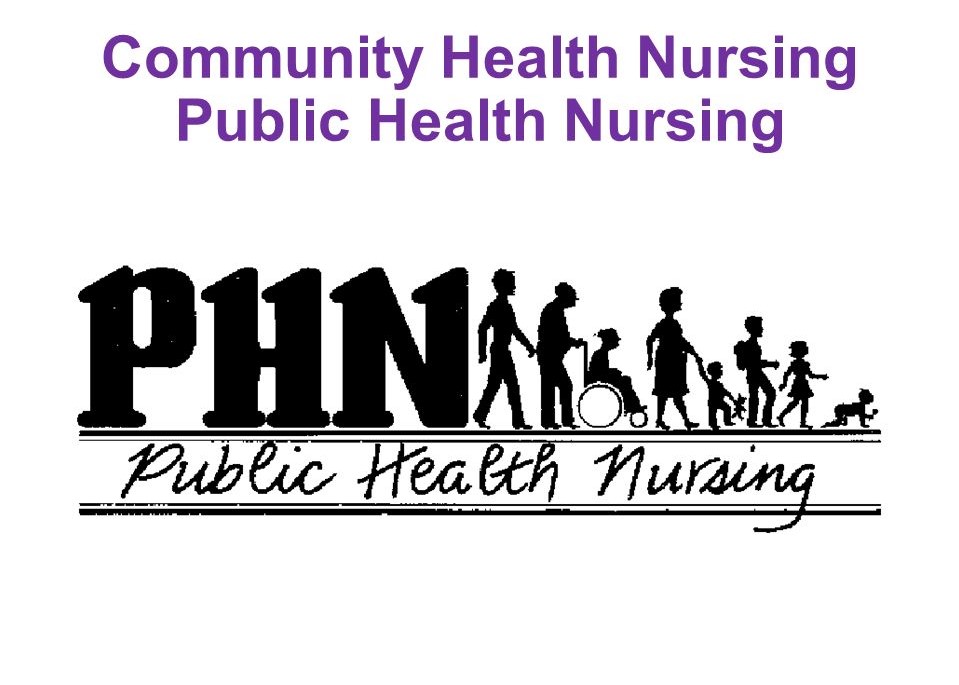Very interesting article shared in the Community Health Nurses of BC Newsletter…this dissertation submitted by: Megan Kirk RN, BScN,MSc,PhD(c) toward her PhD. The whole newsletter in fact, made for interesting reading during Nurses week and Year of the Nurse. Thank you Ethel Warbinek for passing this along to share with those interested in Public Health History of Nursing!!
I am a PhD nursing student at the University of Victoria with a special interest in public health nursing. During my doctoral education, I volunteered in a local health unit in British Columbia (BC) and worked alongside public health nurses (PHNs) every Saturday morning for two years. The time I spent with these PHNs was instrumental to my learning about PHN concerns, and significantly shaped my dissertation research. At the same time, I was working on a large research project studying the renewal of public health systems and services in BC and Ontario, titled Renewal of Public Health Systems (RePHs). Together, these experiences played a significant role in shaping the focus of my dissertation research project. Given the limited research exploring the impact of healthcare reform and public health renewal processes on public health nursing practice, I decided to delve more deeply into this area of exploration by studying PHNs’ practice concerns related to public health system reform and restructuring in three health authorities in BC.
A few years ago, a number of PHNs, as well as a few public health nursing managers, from across much of BC shared their ideas and insights with me regarding changes they had witnessed in public health nursing practice. These nurses were generous with their time and thoughtful in their responses, detailing specific organizational and provincial level changes that have had a significant influence on the nature and effectiveness of PHNs’ role. I used the qualitative methodology of grounded theory to explicate PHNs’ concerns about events and decisions that had taken place locally, regionally, and provincially over several decades, which have slowly undermined the capacity and autonomy of PHNs. This process helped to highlight a variety of challenges that nurses shared across many practice settings, such as organizational and policy changes that have reduced the range of PHNs’ activities and deteriorated the quality of PHNs’ programs and services. I also used this research methodology to explain how these nurses managed the erosion of their role.
Many PHNs in my dissertation study explained how they were concerned about changes they had witnessed in practice, particularly the erosion of their practice, and how they were finding it increasingly difficult to be effective in broad health promotion and community development efforts. Nurses highlighted changes, such as cuts to the public health budget, the disbanding of health unit structures, the appointment of leaders who lack public health or public health nursing knowledge and experience, and the increase in mandated targeted public health nursing programs with a corresponding decrease in universal programs, which together undermined the role of public health nursing in communities and worsened population health outcomes. Nurses across several settings discussed how they were losing autonomy in their role, losing support within the organization to maintain high quality services, as well as losing flexibility in their day-to-day activities to address local community issues.
As a result, nurses in the study engaged in the process of managing the eroding public health nurse role and used five strategies to navigate changes negatively affecting their role. In standing tall, nurses advocated for their practice and pushed back against decisions that jeopardized the quality of public health nursing programs and services with varying degrees of force. PHNs also worked within organizational expectations and constraints in the process of getting by. In going underground, several nurses harnessed their community connections and attended to community issues they believed went unaddressed. A number of nurses, dissatisfied by the state of their role, were contemplating getting out and considered other employment possibilities. Throughout the process of navigating external changes affecting practice, many nurses restored their dedication to the PHN role in reaffirming commitment.
This research helps to provide policy and decision-makers with knowledge of how healthcare reform and public health restructuring processes have shaped public health nursing programs and services. We must continue to share the important work of PHNs, as well as take steps to support nurses to use their knowledge and skill to navigate a complex and changing practice landscape. Autonomous PHN practice is paramount to continue to make progress in improving population health and reducing health inequities. During this global COVID-19 pandemic, and always, nurses must come together to demonstrate what we do, the difference that we make, and champion health and well-being in our communities.
This summary provides a brief overview of this dissertation project. To find out more about this study, please feel free to contact author through this website “Contact us”




